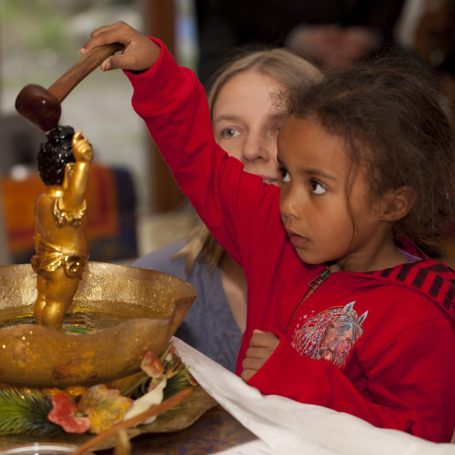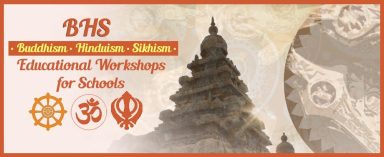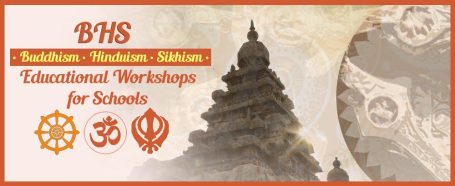Indica Festivals 2025 - 2026
The term "Utsab" typically denotes a festival or celebration, particularly within the framework of Indian culture. It originates from the Sanskrit word "utsava," which encompasses meanings such as "to rejoice," "to uplift," "to experience happiness," or "to celebrate." Thus, "utsab" effectively embodies any occasion or event characterised by joyfulness. Among the numerous religious festivals observed, one prominent example is the Holi festival of colours, celebrated annually in March.

Oct 20th 2025
Diwali Festival
Diwali, also known as Deepavali and often referred to as the "Festival of Lights," is a significant five-day autumn celebration observed by Hindus globally.
This festival is also recognised by Sikhs and holds considerable importance for Jain and Buddhist communities, as it commemorates various historical and spiritual events, including the notable return of Rama and Sita to their capital, Ayodhya, alongside numerous other narratives associated with various deities.
Diwali presents an great opportunity to enrich your classroom experience through its vibrant and diverse cultural expressions. It is never too late to partake in the celebrations; we offer specialised Diwali sessions throughout October and November.

May 1st 2026
Wesak Festival
The term "Vesak" derives from the Pali word "vesākha" and the Sanskrit equivalent "vaiśākha," both signifying the lunar month of Vaisakha, which is recognised as the month that marks the birth of the Buddha.
In Mahayana Buddhist traditions, this occasion is acknowledged using its Sanskrit designation (Vaiśākha) alongside its various derived forms. On Vesak Day, Buddhists globally com-memorate pivotal events that are significant across all traditions, including the birth, enlightenment, and passing of Buddha Gautama.
As Buddhism expanded from India, it was integrated into a myriad of foreign cultures, resulting in diverse celebrations of Vesak worldwide. In India, the day of Vaishakh Purnima is also referred to as Buddha Jayanti and is traditionally observed as the birthday of the Buddha.

April 14th 2026
Vaisakhi Festival
Vaisakhi, alternatively spelled Baisakhi, holds considerable significance for both Hindus and Sikhs. It com-memorates the initiation of the Sikh New Year and the establishment of the Khalsa by Guru Gobind Singh in 1699.
For the Sikh community, this occasion serves as a time for celebration and reflection, typically characterised by vibrant processions known as Nagar Kirtan, the performance of devotional hymns (kirtan), and the communal sharing of food through Langar. Concurrently, Hindus observe Vaisakhi as a harvest festival, marked by visits to temples and participation in traditional rituals, such as bathing in sacred rivers.

March 26th 2026
Ramnavami Festival
Lord Rama is believed to have mani-fested on Earth several millennia ago during the Treta Yuga, specifically on the ninth day of the waxing moon in the month of Chaitra (March-April) according to the Hindu lunar calendar.
Each year, this day is commemorated by Hindus as Lord Rama's birthday, or “appearance day,” as he does not undergo birth in the manner of a mortal being.
The celebrations, which include Rama Navami puja rituals and the recitation of Shri Rama, occur in the hours leading up to noon, culminating at precisely 12.00 noon, marking the moment of the Lord’s divine appearance.
A Typical Diwali Workshop
The children enjoy dressing up as characters from ancient history. Here they are dressed as Sita and Rama along with his brother laxman and faithful servant, the monkey king Hanuman.
We need your consent to load the translations
We use a third-party service to translate the website content that may collect data about your activity. Please review the details in the privacy policy and accept the service to view the translations.

